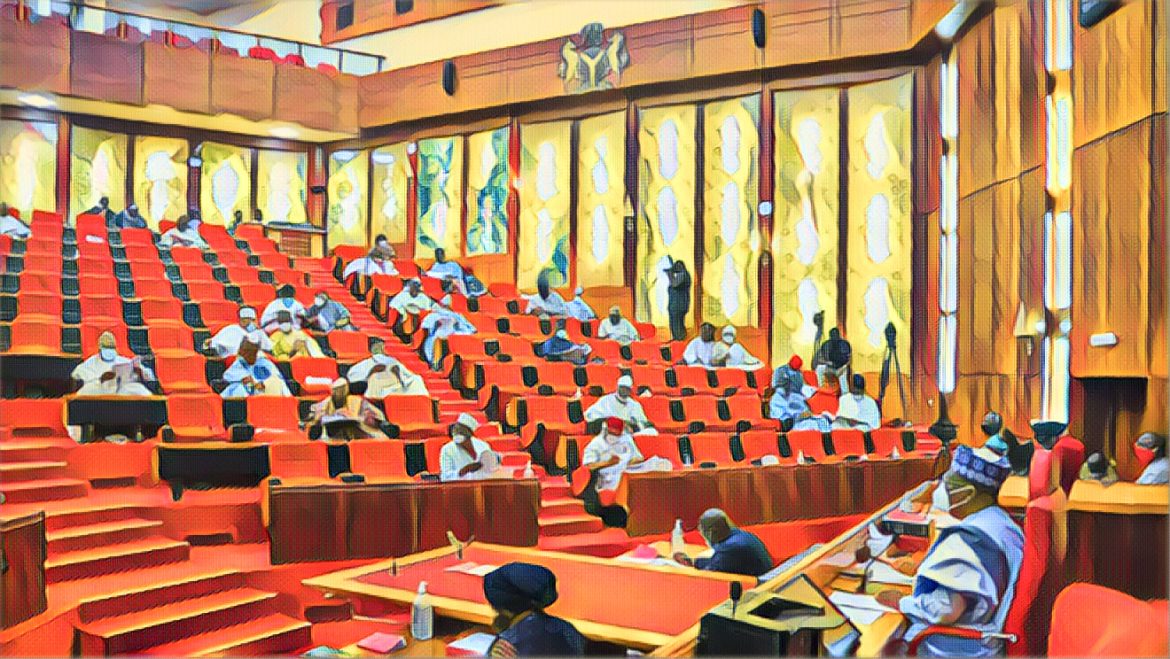The Nigerian Senate has rejected a bill aimed at establishing a framework for controlling and monitoring the foreign exchange (forex) market, a move that has sparked significant debate among lawmakers and economic experts. The bill, which sought to create additional regulatory measures for the forex market, was voted down during a plenary session, reflecting concerns about its potential impact on the economy.
The proposed bill, introduced by Senator Gbolahan Dada, intended to provide a structured approach to managing the forex market by enhancing oversight and regulation. Proponents of the bill argued that tighter controls were necessary to stabilize the forex market, curb speculative activities, and prevent currency manipulation. They believed that such measures would strengthen the naira and support economic growth by ensuring a more predictable and transparent forex environment.
However, opponents of the bill raised concerns about the feasibility and potential consequences of increased regulatory intervention. Senator Uche Ekwunife, a vocal critic of the bill, argued that imposing additional controls could lead to unintended negative effects, such as reduced liquidity and increased costs for businesses that rely on foreign exchange for their operations. She emphasized the importance of maintaining a balance between regulation and market freedom to foster a healthy economic environment.
The rejection of the bill also highlighted broader issues within Nigeria’s forex market, including the persistent gap between official exchange rates and parallel market rates. Critics of the bill suggested that instead of imposing stricter controls, the government should focus on addressing the underlying factors contributing to market volatility, such as improving foreign currency inflows, diversifying the economy, and enhancing investor confidence.
Economic experts have weighed in on the Senate’s decision, with many supporting the rejection of the bill. They argue that excessive regulation could stifle market dynamics and discourage foreign investment. Instead, they advocate for policies that promote a more liberalized forex market, encouraging competition and market-driven solutions to exchange rate challenges.
The Central Bank of Nigeria (CBN) plays a pivotal role in managing the country’s forex market. The CBN has implemented various measures to stabilize the naira, including interventions in the forex market and maintaining multiple exchange rate windows. The Senate’s decision reflects a recognition of the complexities involved in forex management and the need for a nuanced approach that balances regulatory oversight with market flexibility.
While the bill’s rejection may ease concerns about overregulation, it also underscores the ongoing challenges facing Nigeria’s forex market. The need for comprehensive reforms that address structural issues and promote a stable economic environment remains critical. Ensuring adequate foreign exchange reserves, improving the balance of trade, and fostering economic diversification are essential steps toward achieving a more resilient forex market.
In conclusion, the Nigerian Senate’s rejection of the bill to control and monitor the forex market signifies a cautious approach to regulatory intervention. By voting down the bill, lawmakers have highlighted the importance of maintaining market freedom while addressing the underlying issues that contribute to forex volatility. The focus now shifts to implementing broader economic reforms that support a stable and transparent forex market, fostering sustainable growth and economic resilience in Nigeria.
Source: tribuneonlineng.com


